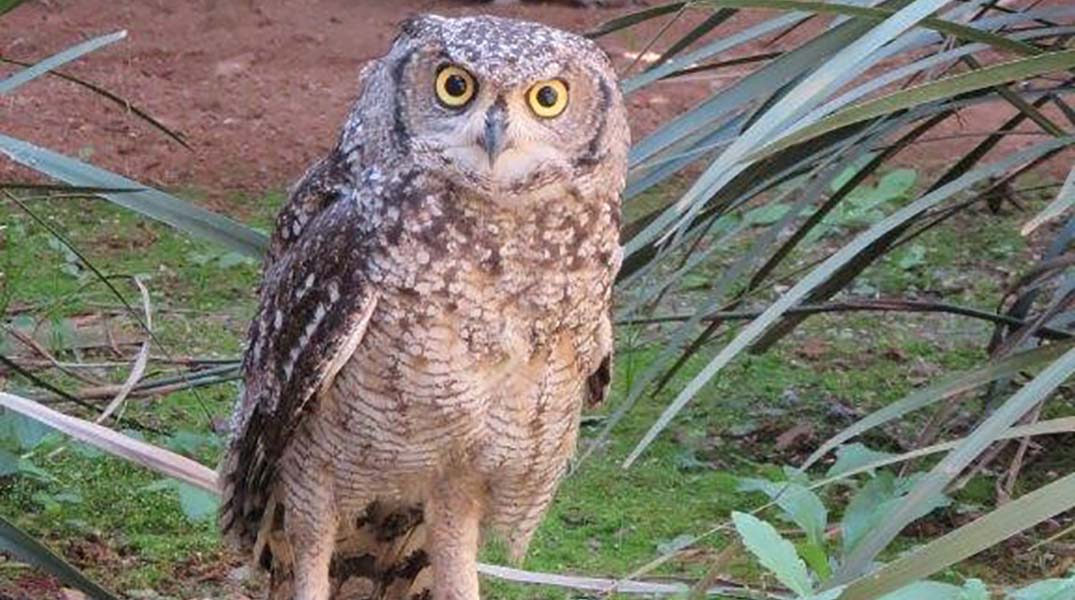Sometimes, in these dark, depressing days of record load shedding, a plummeting currency, rocketing prices, rogue AI, and general despondency we all need a little uplifting, feel-good news story. So here’s one …
Four conservation groups in KwaZulu Natal have got together for a rare event – the release of a captivity-born spotted eagle owl, along with a partner, into the wild.
Spotted eagle owls are considered extremely important to the ecosystem. Just one pair of these owls in a residential area can catch up to 3 000 rodents – and even more insects – a year.
The release into the wild of the pair, which will take place in the next couple of weeks, came about through a collaborative conservation effort between Crocworld Conservation Centre on the South Coast; FreeMe Wildlife and The Owl Box Project in the Midlands; and Ezemvelo KZN Wildlife.
Crocworld Conservation Centre has, among its many rescued inhabitants, two spotted eagle owls which cannot be released into the wild. However, that hasn’t stopped this couple from hatching two chicks. The pair of owlets, which hatched in November last year have been reared by their parents which means there has been no human imprinting, making them eligible for release in the wild.
Crocworld’s bird curator, Ryne Ferguson, explains that one of the owlets had already been rehomed in Johannesburg but, up until this point, no home had been identified for the second owlet.
“That’s when I reached out to FreeMe Wildlife and The Owl Box Project,” says Ferguson. “Because there has been no human imprinting, this chick would still know how to survive as an owl in the wild. After working with Ezemvelo KZN Wildlife, the necessary permits are in place and another spotted eagle owl chick has been found so that the two can be released together. Although the release date is yet to be set, the two will be released through The Owl Box Project.”
Ferguson says that the owlet had been collected from Crocworld last week and was already settling down well at FreeMe Wildlife alongside its new partner. Based in Howick, FreeMe Wildlife operates within a “One Health” approach, working across a number of disciplines and collaborating with other organisations to attain optimal health for people, animals, and the environment.
The Owl Box Project is run by FreeMe Wildlife as a way to provide homes for orphaned and displaced owls. The owl boxes are specifically designed for various owl breeds and replicate the cavity of a tree. Residents can purchase owl boxes for urban areas as a way to encourage owl populations in the area. These owl boxes provide a stable environment to enhance breeding success among owls – nature’s greatest biological control for rodents.
Featured picture: The five-month-old Spotted Eagle Owlet from Crocworld Conservation Centre (front) is being housed at FreeMe Wildlife, alongside a new mate. The pair will be released into the wild together.
Credit: FreeMe Wildlife

